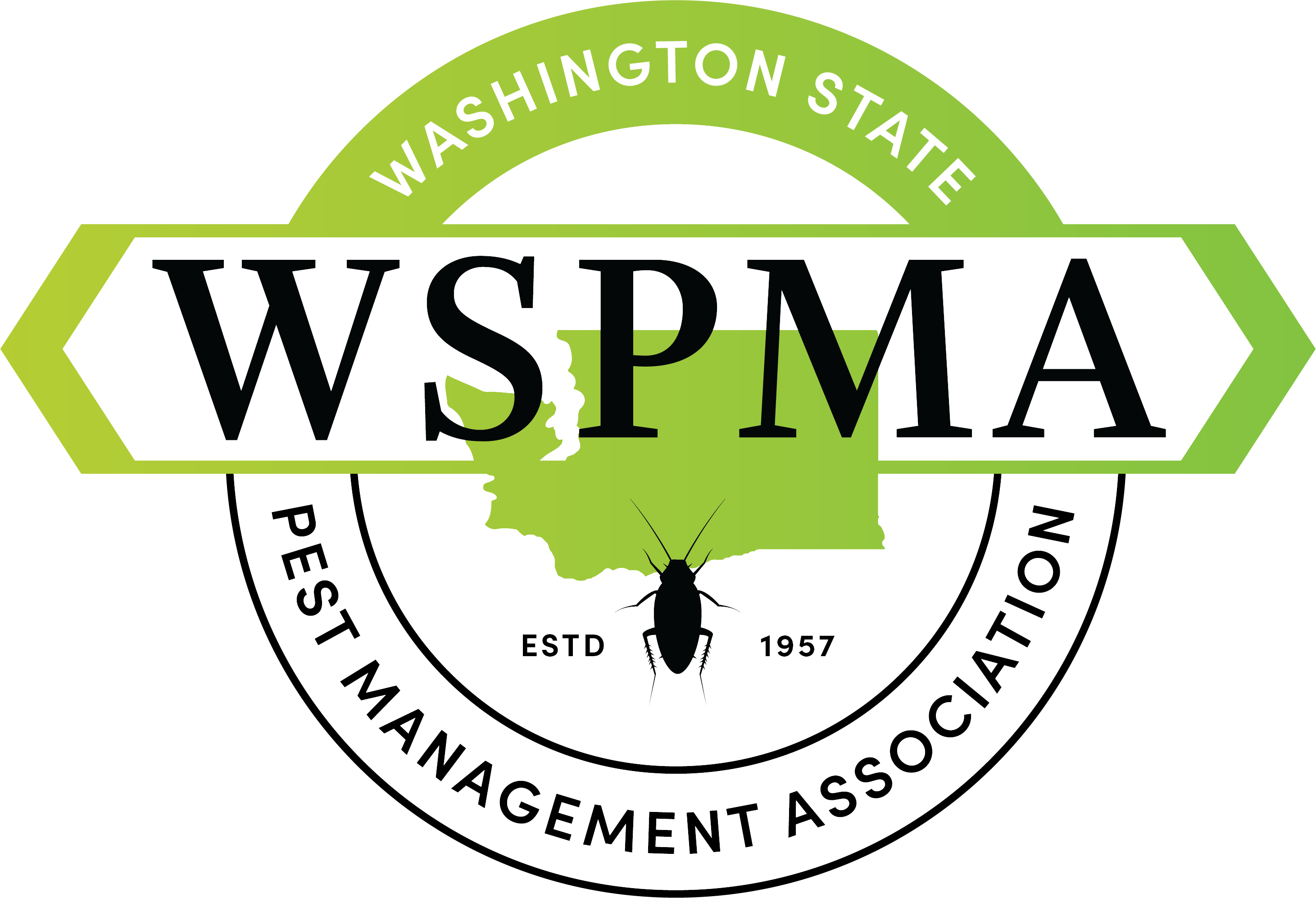Complete Story
05/18/2025
Urban Pest Management at the Washington Commission on IPM
WSPMA
By Billy Olesen, WSPMA Policy Affairs Representative
At today’s Washington Commission on Integrated Pest Management meeting, held at WSU Everett, I had the opportunity to represent you and share insights from the structural pest management industry as part of a broader conversation about pest management across Washington’s diverse sectors.
While much of the Commission’s work historically centers on agriculture and forestry, structural and urban pest management also plays a vital role in protecting people, property, and the environment. In cities and towns, our version of a “yield” isn’t measured in crop size— it’s seen in safe homes, rodent-free schools, healthy people, sanitary hospitals, and protected food facilities.
The presentation focused on how structural IPM parallels agricultural practices in its reliance on science-based decision-making, comprehensive technician training, and targeted product application. But it also underscored the unique complexities of working in urban settings—where pest pressures intersect in mixed-use buildings, and where treatments are often performed in highly sensitive environments like schools, hospitals, and private residences.
These complexities are compounded by rising regulatory challenges such as rodenticide restrictions, public skepticism around pesticide use, and a growing number of mental health-related service calls, including cases involving delusional parasitosis. As urban pest professionals, our work demands not just technical skill, but also empathy, discretion, and strong communication.
It was encouraging to connect with fellow commissioners representing agriculture, forestry, and academia. Despite our differences in focus, we share a common goal: advancing sustainable, responsible pest management that serves both people and the environment.
The Commission also covered several key updates, including the 2025–2026 budget process, the upcoming Specialty Crop Tour, the latest State audit report, and a discussion on EPA’s involvement with Section 24c and 18 emergency exemptions.
Urban pest management continues to evolve alongside the broader IPM community, and having a seat at this table ensures our industry’s challenges and contributions are understood and considered.

